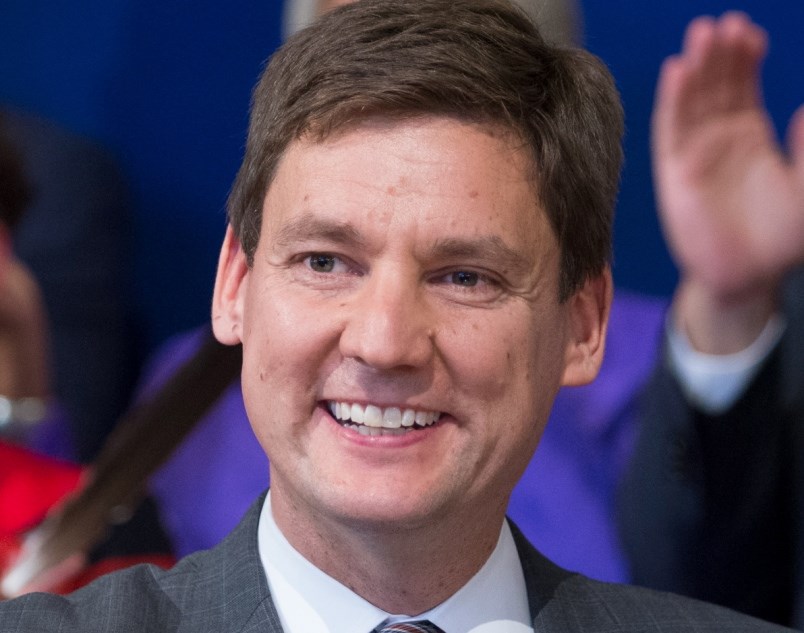Attorney General David Eby has given legal aid lawyers a 25 per cent funding increase to avert a threatened strike today.
On Friday, Eby announced a one-time grant of $7.9 million to support development of a new framework for legal aid funding.
The funding – $4 million from the government and $3.9 million from the Legal Services Society – will be used to increase payments to legal aid lawyers from April 28 until Oct. 31.
This will ensure lawyers continue to provide legal aid services to those most in need, while the government, Legal Services Society and the Association of Legal Aid Lawyers negotiate an agreement for long-term, sustainable legal aid funding, said Eby.
“We recognize there is work to be done to improve the legal aid system both for British Columbians and the counsel that represent them in court,” said Eby. “Legal aid lawyers provide services to some of the most vulnerable members of the province, and we will continue to work with LSS to address the historical underfunding of legal aid.”
In March, the Association of Legal Aid Lawyers called on its 475 members to withdraw services starting April 1 to pressure the provincial government to increase funding for legal aid.
On Sunday, criminal defence lawyer Richard Schwartz said the one-time grant of $7.9 million is a really important first step for the delivery of legal aid services in this province.
“Two main things were accomplished. The more important one is that the government has agreed to recognize the Association of Legal Aid Lawyers as the official bargaining agent on behalf of lawyers who deliver legal aid services in B.C.,” said Schwartz.
“Second, they have promised that for a period of time there will be a 25 per cent funding increase that will go to the tariffs for criminal, family and immigration law. It’s a good first step. It doesn’t get us anywhere where we ought to be, but it’s a good first step along that road.”
The Law Foundation of B.C. will receive the grant and allocate the funding.
“We appreciate the recognition by government of the important work our members do for vulnerable British Columbians, and look forward to negotiations that will provide a solution to a very much neglected legal aid system,” the Association of Legal Aid Lawyers said in a statement.
Earlier this year, the association released a report, Proposal to the Attorney General: Restoring Funding for Legal Aid, which concluded legal aid in B.C. is in crisis.
In 2002, the Legal Services Society’s budget was cut by 40 per cent over three years, says the report. About 85 per cent of the legal aid offices around the province were closed and 75 per cent of employees lost their jobs.
“Family law is now only available if there is a threat of violence or if the government is trying to have a child removed from their family permanently. Poverty law legal services no longer exist,” says the report.
“People with family-law problems, the mentally ill and drug addicted … are either not getting the assistance of a lawyer or are receiving the help of a lawyer who is being grossly underpaid or not paid at all for this essential work.”
The legal-aid tariff rate — the fees paid to legal counsel — has increased 10 per cent in 28 years, a time period when inflation has risen 60 per cent, says the association.
By comparison, Crown counsel wages have increased 111 per cent since 1994. The average hourly rate for legal-aid lawyers is $88, about 30 per cent of the private-law hourly rate. Private lawyers who do government work are paid $135 an hour, says the report.
B.C. ranks 10th out of the 12 provinces and territories in per capita legal-aid funding.
A government press release says the province, the Legal Services Society and the association have also committed to designing a long-term legal aid negotiation framework, paving the way for a smoother negotiating process in the future.
This grant is in addition to the $26 million over three years in increased funding to the Legal Services Society already announced by the government to support the provision of criminal, family and civil legal aid services.



